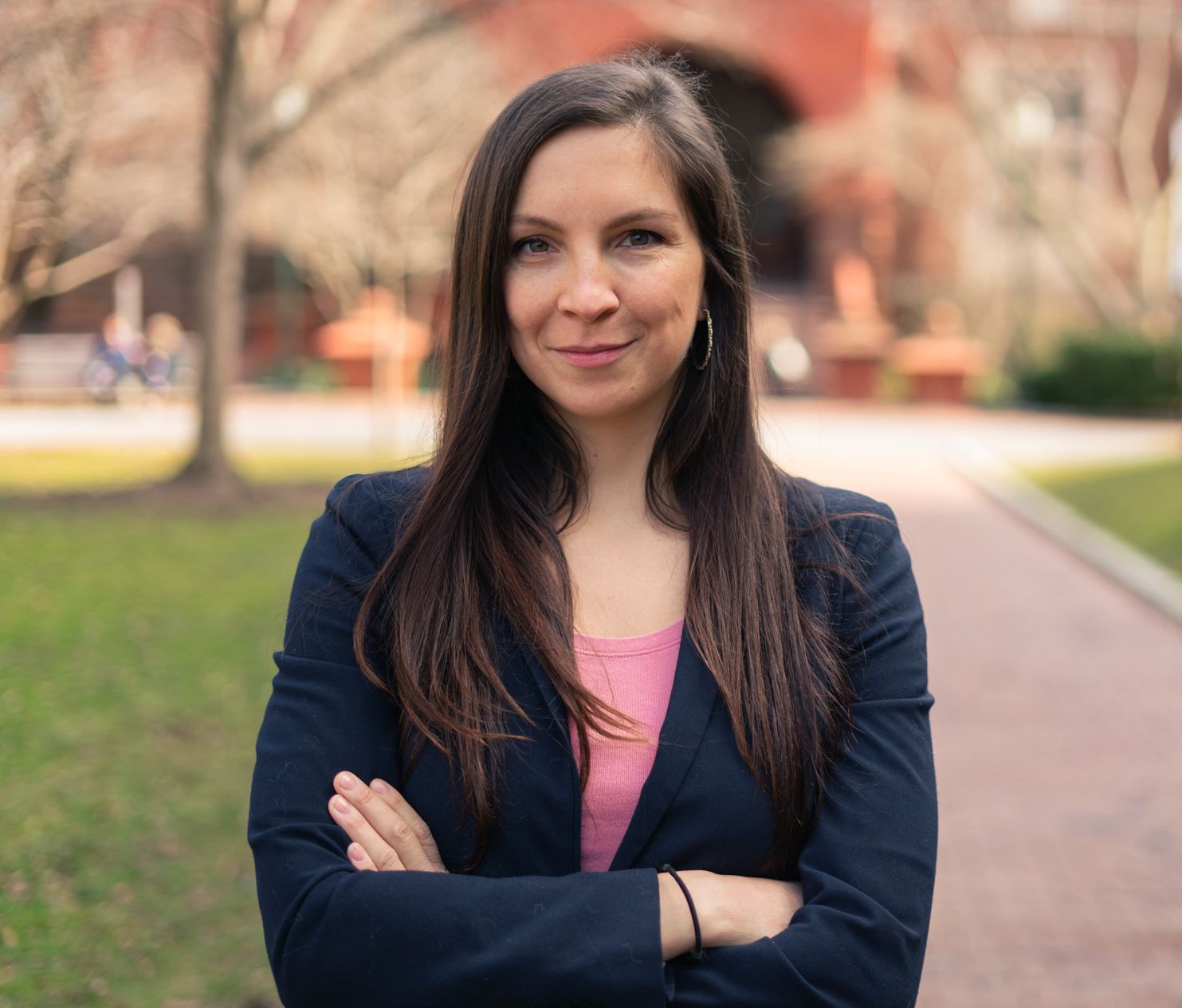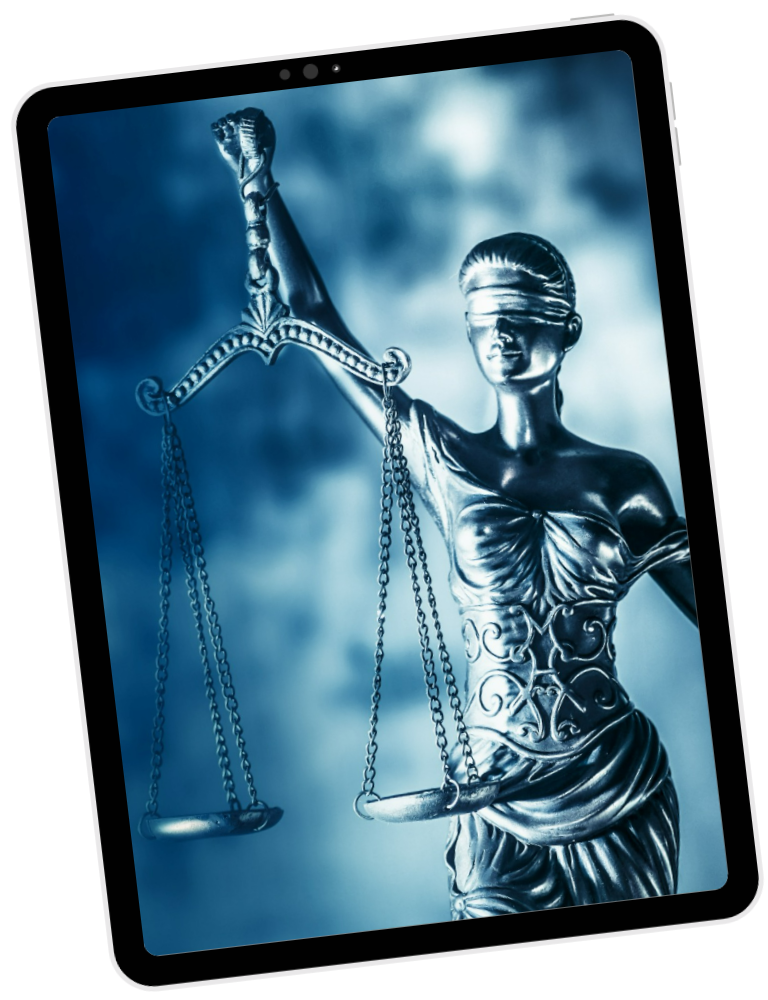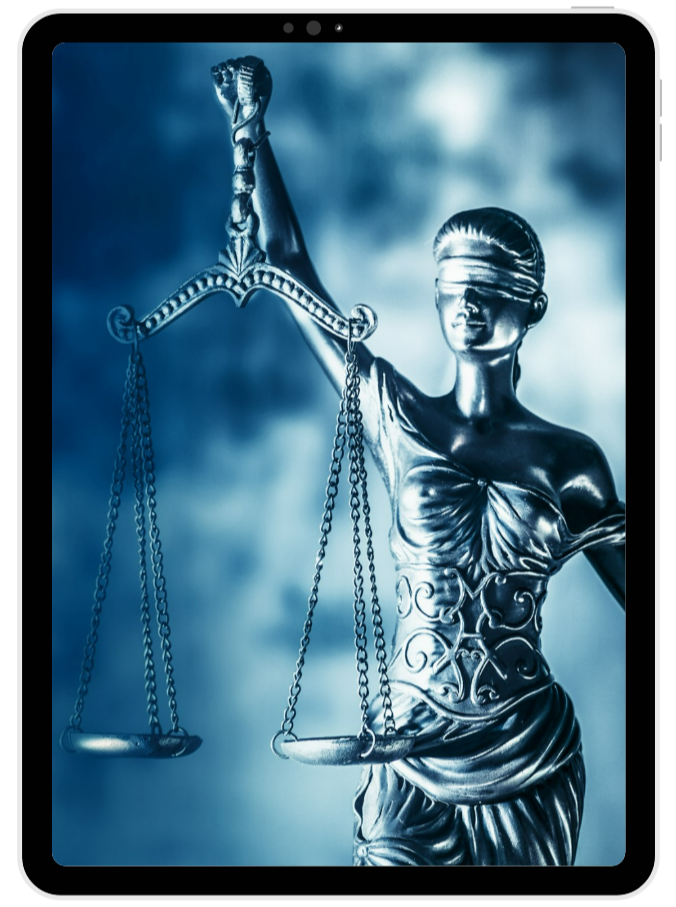If you want to learn how to get into NYU law school, you’re in the right place. I’ll show you how to stand out from the crowd.
In this article, you’ll learn:
- What qualifications you need for NYU
- How to apply to NYU
- How to stand out with your application
- And much more
Ready? Let’s go!
How hard is it to get into NYU School of Law?
NYU Law offers a rigorous law school program with an acceptance rate of 15.7%, making it one of the 20 most challenging law schools to get into. In fact, it’s one of the top law schools, currently ranked as the seventh best law school in law school rankings.
The New York University School of Law admissions process is competitive, but your acceptance doesn’t hinge on your GPA and LSAT scores. You can get in with low scores if you have a good strategy.
But first, let’s look at the programs offered by NYU Law.
What programs does NYU School of Law offer?
NYU Law offers several different law degrees and programs, including:
- Juris Doctor (JD)
- Master of Laws (LLM)
- Executive Master of Laws (Executive LLM)
- Doctor of Juridical Science (SJD)
- Master of Studies in Law
It also offers programs like Environmental & Energy Law, Corporation Law, and Taxation.
Today, we’ll focus on JD admissions.
What qualifications do you need to get into NYU Law School?
Here’s what to know about accepted students.
Who gets into NYU Law School?
Of those in the Fall 2022 Entering JD Class:
- 85% were at least one year out of college when they applied
- 14% have advanced or professional degrees
- 57% are women
- 45% are students of color
So as you can see, most of those who are admitted don’t apply fresh out of law school.
Law schools want to ensure that their prospective students are mature and know they will thrive in law school. That’s why the law school admissions council doesn’t look at things like what college you went to or your major.
While your stats do matter, they’re not everything. There are ways to stand out, even if you don’t have the best scores.
To understand how, let’s first look at the GPA you need to get into NYU.
What GPA do you need for NYU Law School?
The most recent GPA scores for NYU Law were:
- 75th percentile: 3.94
- 50th percentile: 3.88
- 25th percentile: 3.72
At NYU Law, a low GPA is 3.72, while a high GPA is 3.94. The median is 3.85.
Your GPA should be in the median range, but you can still get in if your GPA is 3.85 or lower.
One of my clients, D.C., got into Georgetown with a 3.6 GPA – far lower than the school’s 3.85 median.
Another, E.D., got into the University of Michigan Law School with a 3.2 GPA below their 3.84 median.
The key is proving that your GPA doesn’t accurately reflect your academic capabilities.
What LSAT score do you need for NYU Law School?
Let’s look at the latest LSAT scores for NYU Law:
- 75th percentile: 174
- 50th percentile: 172
- 25th percentile: 169
Again, you don’t have to have these scores.
My client E.O. was accepted to Berkeley Law with a 163 LSAT, 6 points lower than the school’s median.
And A.K. got into George Washington with a 154 LSAT – lower than the 167 median.
How do you get into NYU Law with lower GPA or LSAT scores?
Even with a lower score than average, you can still get into NYU. Let’s talk about how.
These strategies aren’t one-size-fits-all. Take time to consider what works best for your situation.
Have a strong LSAT or GPA
I know I’ve just told you that a low LSAT or GPA won’t ruin your chances of acceptance at NYU Law.
And that’s true!
But having a high GPA will help if you have a low LSAT and vice versa. Even a median or lower than median GPA or LSAT can help.
Take the LSAT again
You should aim to take the LSAT just once (and do your best on it), but you can always retake it if you get a low score.
I don’t recommend taking it more than three times, so do your best every time.
Take the GRE
The GRE is a great alternative if the LSAT isn’t for you. Take a few practice tests to see if it’s worth it.
Spend time working before law school
Remember, 85% of admitted NYU Law students were at least one year out of college at the time of application.
The longer you’ve been out of college, the less your GPA matters. A resume full of substantive work proves you won’t crack under pressure.
Get a few letters of recommendation
I always recommend getting at least one from a professor or similar rather than professional or personal connections.
After all, who can speak to your academic ability better than someone who’s taught you?
Case in point: I once had a client who had a letter of recommendation from the president of the United States. Still, that letter of recommendation didn’t help her very much.
It wasn’t that personal (because, naturally, the president doesn’t have a lot of time writing letters of recommendation, and it was likely written by a staffer). Instead, go for depth.
Include an addendum
Use an addendum to explain your low LSAT or GPA scores if needed.
But you need to be able to offer a genuine reason for writing it.
Struggling with test taking won’t cut it – it should be something more serious, like supporting yourself during college or a family death.
Write a strong personal statement
A personal statement that shows your way of thinking can outweigh low scores.
We’ll talk about how to write one in a later section.
If you’re ready to learn how to apply to NYU Law, keep reading!
How do you apply to NYU Law?
Let’s look at what you need for your NYU Law application.
- LSAT/GRE scores
- Two letters of recommendation
- Law school personal statement
- A law school resume
- Character and fitness questions
- Proof of an undergraduate degree
- Law school diversity statement (optional)
- Additional information, such as your addendum (optional)
You can apply as early as September 1.
The NYU Law application deadline for Regular Decision is February 15. The binding NYU Law Early Decision scholarship deadline is November 15.
If you take the LSAT or GRE in time to meet the February 15 deadline, you’ll still be given complete consideration.
Read about the 2023 NYU Law School application deadlines and requirements here.
Let’s look at the elements that make a big difference in your NYU Law School application.
Write a personal statement
A personal statement is your opportunity to get the attention of the admissions committee.
“While the Committee on Admissions does not use interviews as part of the regular selection process, we would like to give you the opportunity to include more information about yourself than the application form conveys. Because people and their interests vary, we leave the content and length of your statement to your discretion. You may wish to bring to our attention additional information that provides an understanding of your qualifications, goals, and potential to contribute to the NYU Law community.”
While NYU doesn’t have specific length requirements, a good rule of thumb is to make your statement two to three pages long.
Here’s an example of a great personal by my client M.O. who got accepted to NYU:
“Two summers ago, my house was alive with clanging pots and scuttling dogs by 5:30 a.m. every morning. By 6:30, I was sitting in the car, younger brother dozing off in the back seat as we drove across town to Bio-Med devices. By 7:10 (and not a minute later), I was waving goodbye as he disappeared into the ventilator department and finding my spot on the cramped circuits assembly line, gloves on, ready for another day of work.
If you had told me in January of 2020 that I would spend months of my sophomore year working at a medical device factory in Guilford, Connecticut, I would have probably laughed. During my interview for that assembly position, the factory manager had paused and looked at me skeptically. He asked, “Have you ever . . . held a wrench before?” The answer was no. In fact, I had never stepped foot in a mechanic’s shop before, never mind a factory. But after spending hours watching news coverage about rising COVID case rates and worsening supply shortages, I had felt an overwhelming sense of urgency. I was lucky enough to be healthy and able-bodied, and I needed to be doing something, anything, to help. I couldn’t watch from the couch when there was such a clear, pressing need, and I had the power to contribute.
The next day, I applied to the grocery store, the pharmacy, and every other essential business in my tiny town. It just so happened that I lived next to Bio-Med devices, the largest breathing equipment manufacturer in the state. I applied, and they called back right away: their breathing circuit team, previously just three people, was now over twenty strong and still struggling to fill an unprecedented number of orders. I was on the line by 7:10 a.m. the next Monday.
Only a few weeks later, I was building dozens of circuit models from memory, hauling boxes twice my size, deftly using industrial machinery, and teaching an endless stream of new hires to do the same. By the end of that summer, I had built over three thousand disposable breathing circuits by hand and shipped them to dozens of overwhelmed hospitals across the country.
I have always felt a need to be helping where it’s needed most, and my sophomore summer, that need just happened to be at the medical device factory down the street. However, this burning desire to be doing and helping is a mentality that I carry into every aspect of my life.
Starting in late high school, I watched my grandmother battle lung cancer after decades of cigarette smoking. I had always viewed her illness as the tragic consequence of an unhealthy lifestyle choice. While not incorrect, it wasn’t until I began taking health policy classes for my undergraduate degree that I saw the full picture of her declining health.
I distinctly remember my first day of class sophomore year, sitting in a packed lecture about addiction, watching as cigarette advertisements from the 1950s flicked across the screen. At a time when there was already a documented, albeit private, consensus about the carcinogenic effects of cigarettes among tobacco industry insiders, I was horrified to see cigarettes being marketed as a mood tonic, a sore throat cure, and, most disturbingly to me, a harmless diet aid. It suddenly occurred to me that it was no accident that my grandma, at the time an admittedly weight-conscious teenager, had started smoking. Her cancer was far from an accident; it was an intentional exploitation of known societal expectations and gender norms. The tobacco industry sold my grandmother a fantasy with full knowledge that she would likely pay with her life.
Sitting in the lecture hall that day, I was overwhelmed by a deep sense of urgency: Was this type of fatal corporate manipulation still happening? How was no one being held responsible? And, alarmingly, were there products being sold to my generation that would one day kill us? Disturbed, I resolved to learn more and find a way to act.
From that point on, I invested my time both inside and outside the classroom to understanding this blatant commodification of human health. I completed research projects on tobacco policy, went into local inner-city schools to teach tobacco awareness curricula, and dedicated the majority of my work at the Think Tanks and Civil Societies Program, a non-profit policy research institution, to researching how think tanks have historically facilitated corporate influence in the tobacco and alcohol policy space.
While I initially thought that a career in health policy would provide me with the best opportunity for impact, the more classes I took and research I did, the wider my eyes opened to how pervasive and ongoing this type of corporate exploitation really was and continues to be. It was then that I realized a policy career would not be enough, and only a law degree would allow me to directly hold these predatory corporations accountable.
Despite the fact that corporate manipulation of consumers has had a massive and measurable toll on public health, corporations have yet to face consequences sufficient for deterrence: During the very years I was discovering this academic passion, e-cigarette companies used sweet flavors, young actors, and bright advertisements to get children all over the country hooked on “totally safe” nicotine-riddled vaporizers that I am certain will one day take lives. An interest that started with my family has now grown into a passion for holding exploitative institutions accountable for prioritizing profit over people, and I know that a legal career is the best way to maximize my impact: I truly believe that this is where I am needed most.
I intend to use my law degree to advocate on behalf of the communities and individuals whose health and well-being is wrongfully sacrificed for a corporate agenda and whose lives have been reduced to collateral damage in an ongoing pursuit of profit. I envision pursuing a career as a mass torts litigator, perhaps focusing on toxic torts. I foresee starting my career working at a plaintiffs’ impact-litigation firm and then bringing the knowledge I gain from litigation into a more policy-related role, such as for a governmental agency or a policy-focused non-profit.”
It illustrates her passion and purpose while describing why she’s an ideal law school candidate.
To learn how to write personal statements, check out this article and get my free PDF with topics to use for your statement:
Write a diversity statement
NYU Law wants to create a diverse student body, so I recommend writing a diversity statement.
A “diverse background” applies to disability, religion, sexual orientation, adversity, career change, and more.
This is a diversity statement used by a client who got admitted into NYU:
“I’ve known I wasn’t straight since I was twelve, but it took me eight years to say it out loud. There were a lot of things that kept me closeted, but mainly it was the deep sense that I just had too much to lose. Primarily my religious family—I knew that coming out would mean sacrificing the jovial reunions I cherished as a kid and tight cousin bonds I had grown to depend on. The repercussions of coming out felt far too great, so I put questions about my sexuality to the side. As a pansexual woman, I was able to date men and ‘pass’ as straight, and there was a time in my life where I thought it would be better to ‘pass’ forever.
That was my mentality coming into college: a tentative resolve to ‘play straight.’ Winter of my sophomore year, I found myself walking home completely enamored with a woman in my poetry class, effortlessly lying to my best friend about ‘the boy’ I had just met. I realized I was turning the most important relationship in my life into another part of my constant performance: Pretending was taking a toll on my mental health and my relationships. I took a breath and told my story again, this time with the right pronouns.
Two years later, I’ve realized that the acceptance of my close family and friends is all that I need: Since coming out, I have made it a personal mission to spend the time I have left at Penn doing everything I can to ensure other young queer students don’t have to feel like I did. I helped found a queer affinity group in my sorority to mentor closeted members, instituted diversity reforms to make my organization a more accepting place, and outspokenly advocate for queer visibility on my campus through spoken word performance. I am so grateful to finally be able to prioritize my happiness and have found a passion in helping other queer people do the same: a passion I will carry with me to my future law school campus and beyond.“
If you want to learn more about writing a diversity statement, check out this article.
Get letters of recommendation
NYU Law requires two letters of recommendation.
A professor or advisor should write at least one. However, colleagues or employers are fine if you’ve been out of school for a while (five years or more).
To learn about asking for letters of recommendation, check out my guide to the process.
Write a law school resume
A law school resume isn’t a standard resume.
Main headers include:
- Education
- Professional Experience and/or Employment
- Activities
- Community Engagement
- Publications
Then, you’ll highlight your qualifications and experiences, including:
- Analytical and writing abilities
- Leadership
- Community engagement
- Work ethic
- Self-financing your education
For more, I’ll walk you through how to write your resume here.
Next steps
That’s everything to know about getting into NYU Law.
Regardless of scores, your application must be robust and prove you’re the right candidate.
I’ll teach you everything you need to know!
Read more:
How to Get Into Top Law Schools






